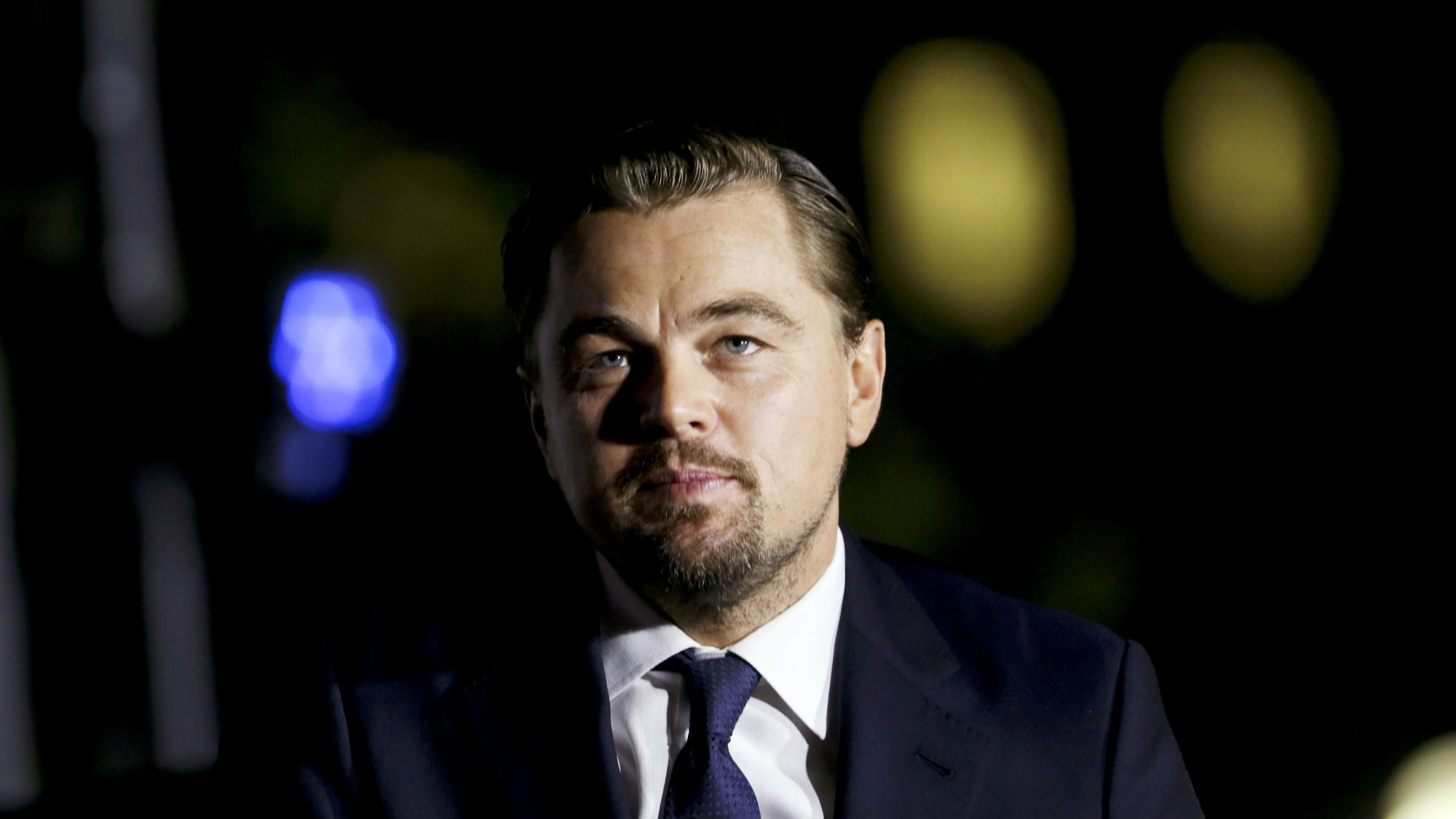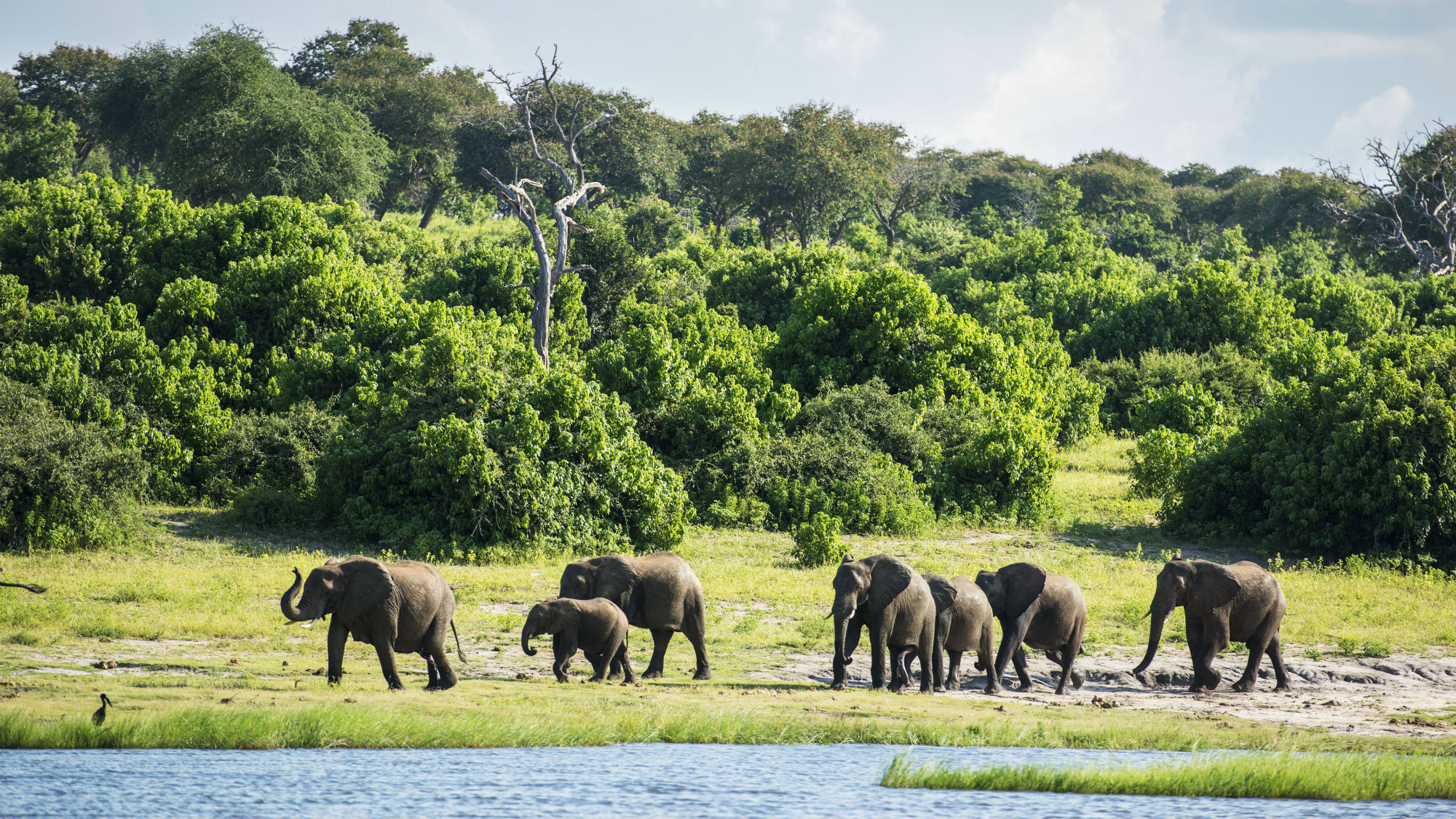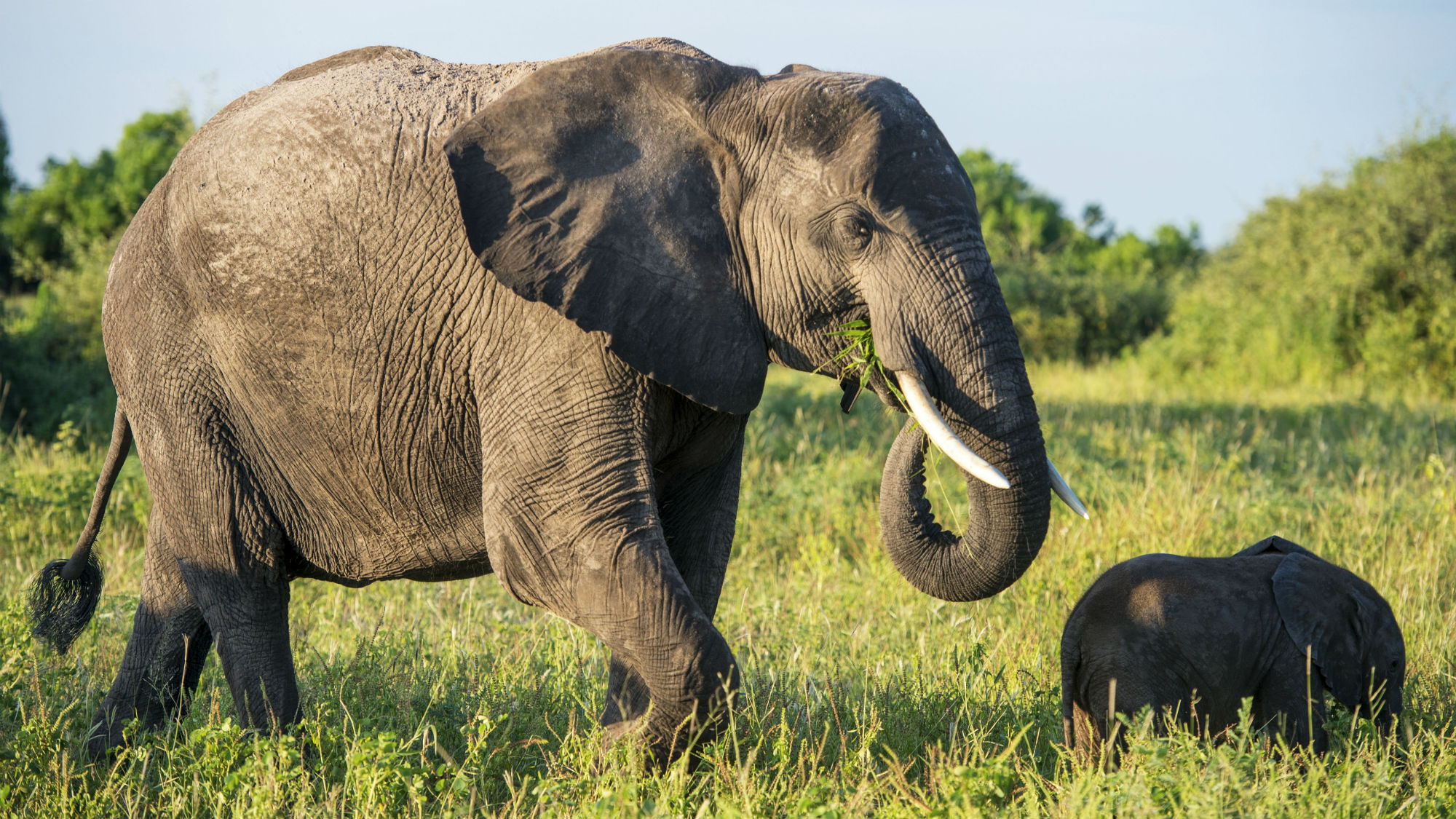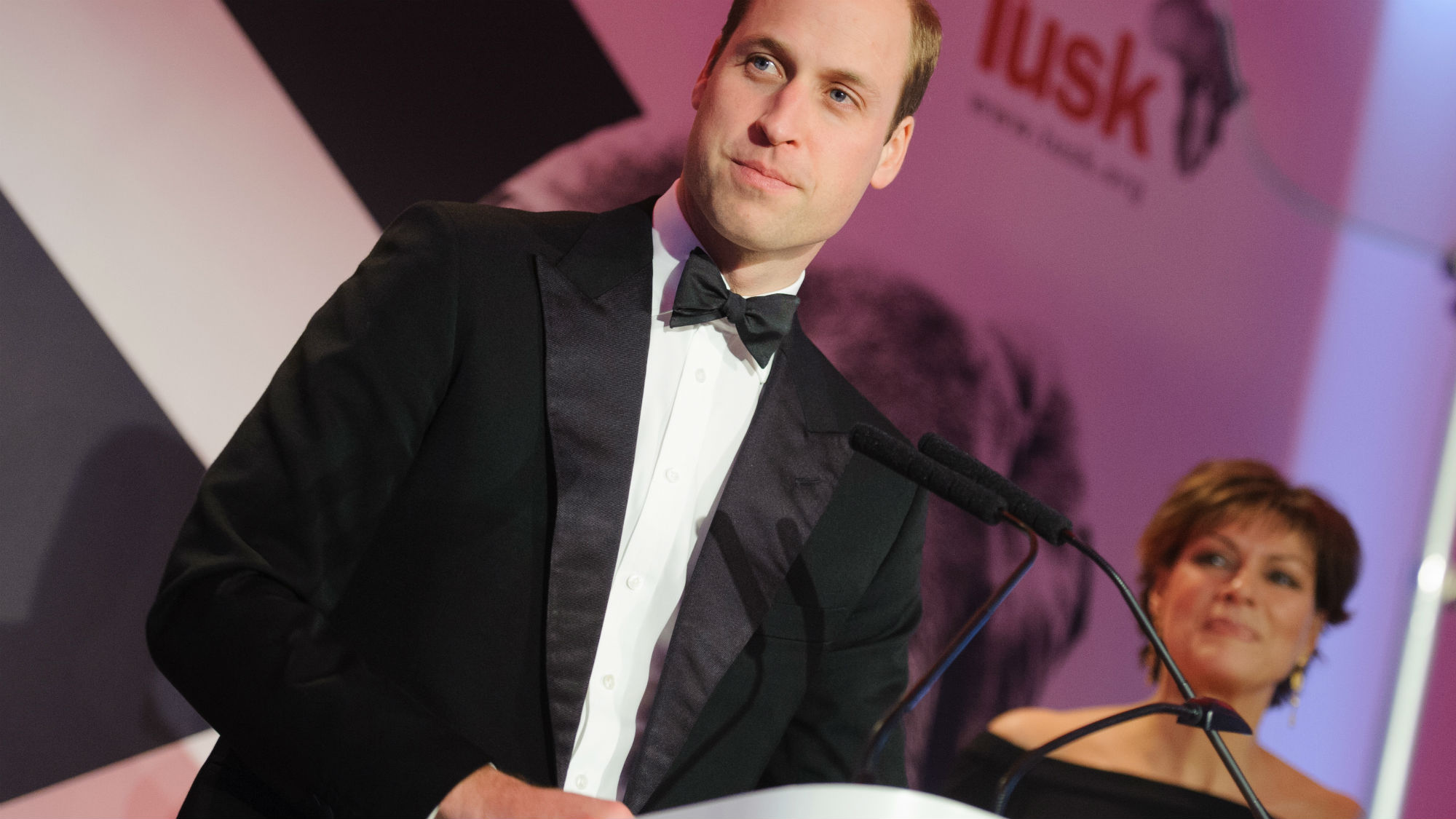Why everyone should watch Leonardo DiCaprio's new Netflix documentary
The Ivory Game, about the plight of the African elephant, is coming to Netflix this month. Here's why everyone needs to watch it


The Ivory Game, about the plight of the African elephant, is coming to Netflix this month. Here's why everyone needs to watch it
Leonardo DiCaprio used his 2016 Oscar acceptance speech to highlight the damage we're doing to the planet. Now he's throwing his weight behind the plight of the African elephant by executive producing a brilliant new documentary called The Ivory Game.
The focus of the film could not be more urgent. African elephants are being hunted for ivory in staggeringly high numbers. It is estimated that there were once 20 million elephants in Africa. By the late 1970s - the decade the ivory trade began to boom - this number had dropped to 1.3 million. According to a new census released in September, there are just 350,000 left. If we continue at the rate we're going, conservationists warn that the entire species will be wiped out in just 15 years.
Directed by Kief Davidson and Richard Ladkani, The Ivory Game explores this picture with the tension and suspense of a thriller, darting between the African bush where elephants are being hunted, and China, where a legal trade in ivory is driving a large part of the demand. It's a vicious cycle: as more elephants are killed, the demand for ivory goes up, which leads to even greater numbers being poached.

As the action of the film jumps from country-t0-country we meet a brave cast of characters. There's a top Tanzanian intelligence officer called Elisifa Ngowi, who has spent years hunting the leader of a poaching ring known as Shetani 'The Devil' - a man estimated to be responsible for the deaths of over 10,000 elephants.
There's also Craig Millar, the Kenyan head of security for the Big Life Foundation, who knows he is fighting a losing battle as bands of armed poachers continuously pick off the elephants he is trying to protect.
It is Millar who also points out the emotional intelligence of elephants, their mourning rituals when they lose one of the herd, and how eyewitnesses have even seen elephants attempting to hide their tusks, seemingly aware of their value to poachers.
Celebrity news, beauty, fashion advice, and fascinating features, delivered straight to your inbox!

Another brave character in the story is a Chinese journalist who frequently risks his life by pretending to be an ivory customer. There's also a pretty terrifying undercover operation in Hong Kong which goes badly wrong. There are also clips of Prince William speaking at a Tusk fundraiser. The Prince has been vocal about the plight of the elephants and even took time during a visit to China to urge its population to stop buying animal products.

After Blackfish, Seaworld profits plummeted and the company announced that it would put a stop to its controversial Orca breeding programme. The directors of The Ivory Game hope that this film will have a similar effect - if not, we'll be explaining to our grandchildren why we allowed the African elephant to go the way of the dodo.
The Ivory Game comes to Netflix on 4th November
